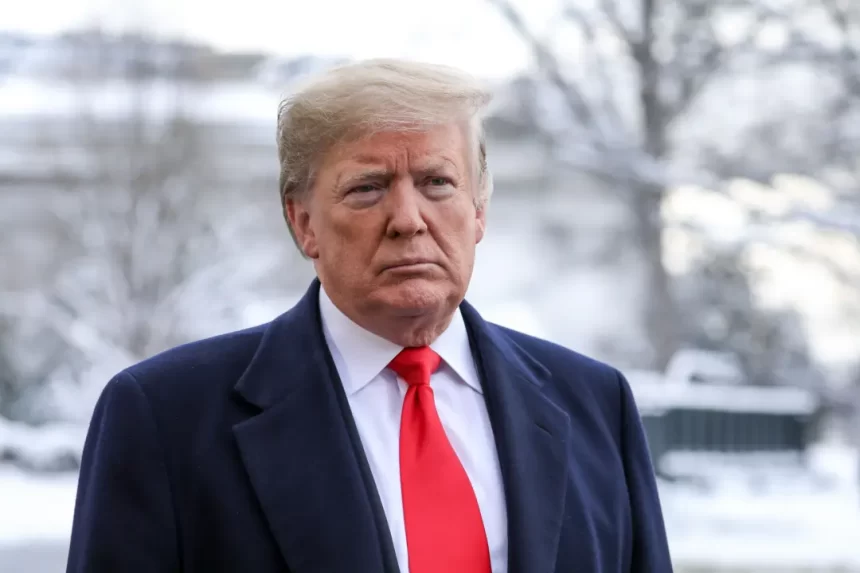According to a legal expert, the jury selection process for Donald J. Trump’s trial related to ‘hush money’ payments is unlikely to result in an objective verdict due to inadequate vetting of potential jurors. The process is set to begin on Monday, but concerns have been raised about the failure to address personal and political biases that jurors may bring into the courtroom, making a fair trial challenging.
Harvey Kushner, a criminal justice expert, highlighted the importance of proper jury selection in high-profile cases like this. He emphasized that the current process in Manhattan lacks the necessary measures to ensure impartiality, especially in a politically charged environment where New York City’s demographics heavily favor Democrats.
President Trump’s legal team has faced challenges in their attempts to postpone or relocate the trial, citing withheld evidence and biased media coverage. However, their efforts have been unsuccessful, and the trial is expected to proceed with a selection of jurors and alternates from a pool of prospective candidates in the coming days.
The prosecution will be overseen by prominent Democrats, raising concerns about potential bias in the legal proceedings. President Trump has expressed frustration with the jury selection process and the location of the trial, emphasizing the importance of luck in determining the outcome.
The juror questionnaire for the trial has been criticized for omitting crucial information about potential biases and affiliations of prospective jurors. With the trial set to begin soon, the lack of proper vetting and transparency in the selection process raises doubts about the fairness of the proceedings.
The survey asks about respondents’ interest in podcasts and radio. It then inquires if they have been victims of a crime, have connections in law enforcement, are involved in any pending criminal cases, or hold beliefs that could affect their ability to render an unbiased verdict. The form also seeks assurance that jurors will base their decision solely on evidence and the law, without prejudice based on race, gender, religion, or other protected categories.
Furthermore, the questionnaire delves into respondents’ political affiliations, including support for President Trump or involvement in various movements or organizations. It seeks to ensure that jurors will not be influenced by outside factors and are focused on the case at hand.
Mr. Kushner believes that the questionnaire falls short in addressing potential biases and concerns about jurors seeking media attention or personal gain from their involvement in the trial. He emphasizes the importance of selecting jurors who are impartial and focused on the facts of the case.
The upcoming trial involving former President Trump is expected to attract significant media coverage, potentially influencing juror opinions before the trial begins. Mr. Kushner draws on his experience in high-profile cases to highlight the challenges of selecting an impartial jury in such circumstances.
Despite differences from terrorism-related cases, Mr. Kushner argues that social media’s influence makes ensuring a fair trial even more challenging. He points out the difficulty of finding jurors who have not already formed opinions due to widespread media coverage and online discussions.
The article underscores the importance of addressing potential biases in jury selection and ensuring a fair trial process. It highlights the impact of social media on public perceptions and the challenges of maintaining impartiality in high-profile cases. Please rewrite this sentence.
Source link






